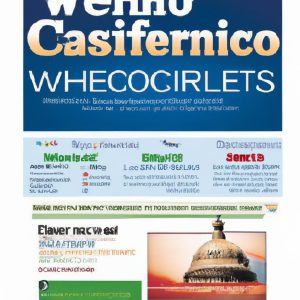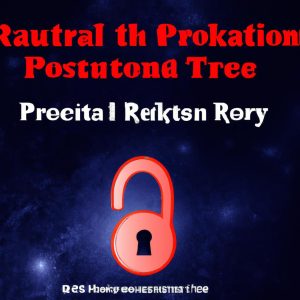Deeds are powerful documents that convey ownership of real estate properties, each serving a specific purpose depending on the situation. One common type of deed is the warranty deed, which ensures the grantor possesses a clear title to the property and guarantees the property is free of any encumbrances. Let’s delve into the intricacies of this important legal document and explore its significance in real estate transactions.
Understanding the Different Types of Deeds
When it comes to real estate transactions, it is crucial. Each type of deed conveys a different level of ownership and protection for the buyer. Here are some of the most common types of deeds:
-
- General Warranty Deed: This type of deed guarantees that the seller has the right to sell the property and that there are no liens or other encumbrances on the title.
-
- Special Warranty Deed: With this deed, the seller only guarantees that they have not caused any title issues during their ownership of the property.
-
- Quitclaim Deed: This deed transfers whatever interest the seller has in the property, with no guarantee of ownership.
It is important to carefully review the type of deed being used in a real estate transaction to ensure that you are receiving the appropriate level of protection. Consulting with a real estate attorney can help clarify any questions or concerns you may have about the deed being used.
Key Features of Warranty Deeds
In a warranty deed, the seller guarantees that they own the property free and clear of any claims or liens. This provides the buyer with peace of mind knowing they are getting a property with a clean title. Additionally, warranty deeds offer protection against any future legal claims against the property.
One of the key features of a warranty deed is the inclusion of covenants or promises made by the seller to the buyer.
These covenants typically include:
covenant of seisin (the seller owns the property), covenant of right to convey (the seller has the right to sell the property), covenant against encumbrances (there are no undisclosed liens or claims against the property), covenant for quiet enjoyment (the buyer will not be disturbed in their possession of the property), and covenant of warranty forever (the seller will defend the buyer against any claims to the title).
Overall
Warranty deeds provide the buyer with a higher level of protection compared to other types of deeds. They are commonly used in real estate transactions to assure the buyer that they are receiving a property with a clear title and without any hidden issues.
Exploring the Benefits of Quitclaim Deeds
When it comes to transferring property ownership, quitclaim deeds can be a valuable tool. These types of deeds offer several benefits that make them a popular choice among homeowners and real estate investors.
One of the main advantages of using a quitclaim deed is the simplicity of the transfer process. Unlike warranty deeds, which require the seller to guarantee that they have clear title to the property, quitclaim deeds make no such promises. This can make the transaction faster and easier for all parties involved.
Another benefit of quitclaim deeds is their flexibility. They can be used in a variety of situations, such as transferring property between family members, removing a name from a title after a divorce, or clearing up title issues. This versatility makes quitclaim deeds a valuable tool for property owners.
Making an Informed Decision: Choosing the Right Deed for Your Property
When transferring property ownership, choosing the right type of deed is essential. There are several types of deeds that can be used, each with its own set of implications. Here are some common types of deeds and their key features:
1. Warranty Deed:
A warranty deed provides the highest level of protection to the buyer. It guarantees that the seller owns the property free and clear, has the right to sell it, and will defend the title against any claims. This type of deed is typically used in real estate transactions where the buyer wants assurance that the property has no liens or encumbrances.
2. Quitclaim Deed:
A quitclaim deed transfers whatever interest the seller may have in the property without any guarantees. This type of deed is often used in family transfers, divorces, or to clear up title issues. It is important to note that a quitclaim deed does not guarantee that the seller actually owns the property.
3. Special Warranty Deed:
A special warranty deed is a compromise between a warranty deed and a quitclaim deed. It only guarantees that the seller has not caused any title issues during their property ownership. This type of deed is commonly used in commercial real estate transactions.
In conclusion, choosing the right type of deed for your property is crucial in ensuring a smooth and legally sound transfer of ownership. It is important to consider your specific situation and needs before making a decision. Whether you opt for a warranty deed, quitclaim deed, or special warranty deed, consulting with a real estate attorney can help clarify any uncertainties and ensure that your transaction is carried out correctly.
In Conclusion
In conclusion, understanding the different types of deeds is essential for anyone involved in real estate transactions. Whether you’re buying, selling, or transferring property, the type of deed you use can have significant legal implications. From warranty deeds to quitclaim deeds, each type has its own unique purpose and protection. By familiarizing yourself with these different types of deeds, you can ensure a smoother and more secure property transfer. So, the next time you find yourself in a real estate transaction, consider carefully which type of deed best fits your situation. Happy transferring!
The post type of deed appeared first on lawyer.bet.











